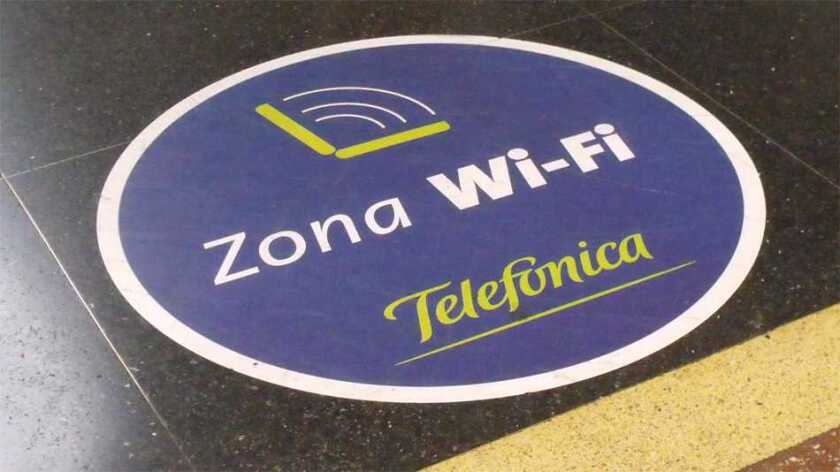The company wants to track in real time each international call, including origin, destination and duration, and make that information available to all the operators carrying the call.
Gonzalo Martín-Villa, chief innovation officer of Telefónica, said: “Blockchain will allow operators to generate a new layer of confidence in the internet – based not on the players that generate the data and the transactions but on the data itself.”
Telefónica has fixed and mobile operations in Europe – Spain, Germany and the UK – and in Latin America. The company will use IBM’s own blockchain platform running in IBM’s cloud to improve “the reliability and transparency of information collected by different networks when routing international call”.
Telefónica added: “The solution is a clear example of how the application of blockchain technology within the telco networks dramatically enhances the accuracy and immutability of the data generated while delivering different services.”
Martín-Villa added: “This project is one of our first initiatives to secure real benefits from the adoption of blockchain in our core business. We believe that the new paradigm of process decentralisation that blockchain facilitates perfectly fits with the telecommunications industry and can help us to significantly improve the way we have been traditionally solving the integrations between partners.”
This project is one of a raft of different blockchain ideas that IBM has announced today. The others are mainly in banking and retail.
Ignacio Martín Santos, the IBM managing director for the Telefónica account, said: “In a world that is increasingly focused on data, customer experience, trust and digital ecosystems, blockchain can help communications service providers to streamline internal processes or, as in the project we are working with Telefónica, to increase trust among the different partners in the communications ecosystem, avoiding the need for call data reconciliation and thus achieving high potential benefits like reduced risk, time saving and cost removal.”
Telefónica said that “beyond voice, the solution can be applied to many other services, building a trustworthy network of peers – operators, service providers, vendors, etc – involved in delivering a digital service such as data consumption, authentication processes, cloud computing or data storage”.
The company added: “The network can then reach a consensus in real-time about the veracity and traceability of the information and data pertaining to the services usage that is generated and collected from multiple sources and systems, regardless the owner or the entity that is hosting or operating those systems.”
Additionally, said Telefónica, “it can help to discover fraudulent behaviour within end-to-end processes and resolve recurring problems between vendors, providers and operators such as dispute resolution, commercial losses due to uncollected revenues or discrepancies between the information recorded by each peer”.






